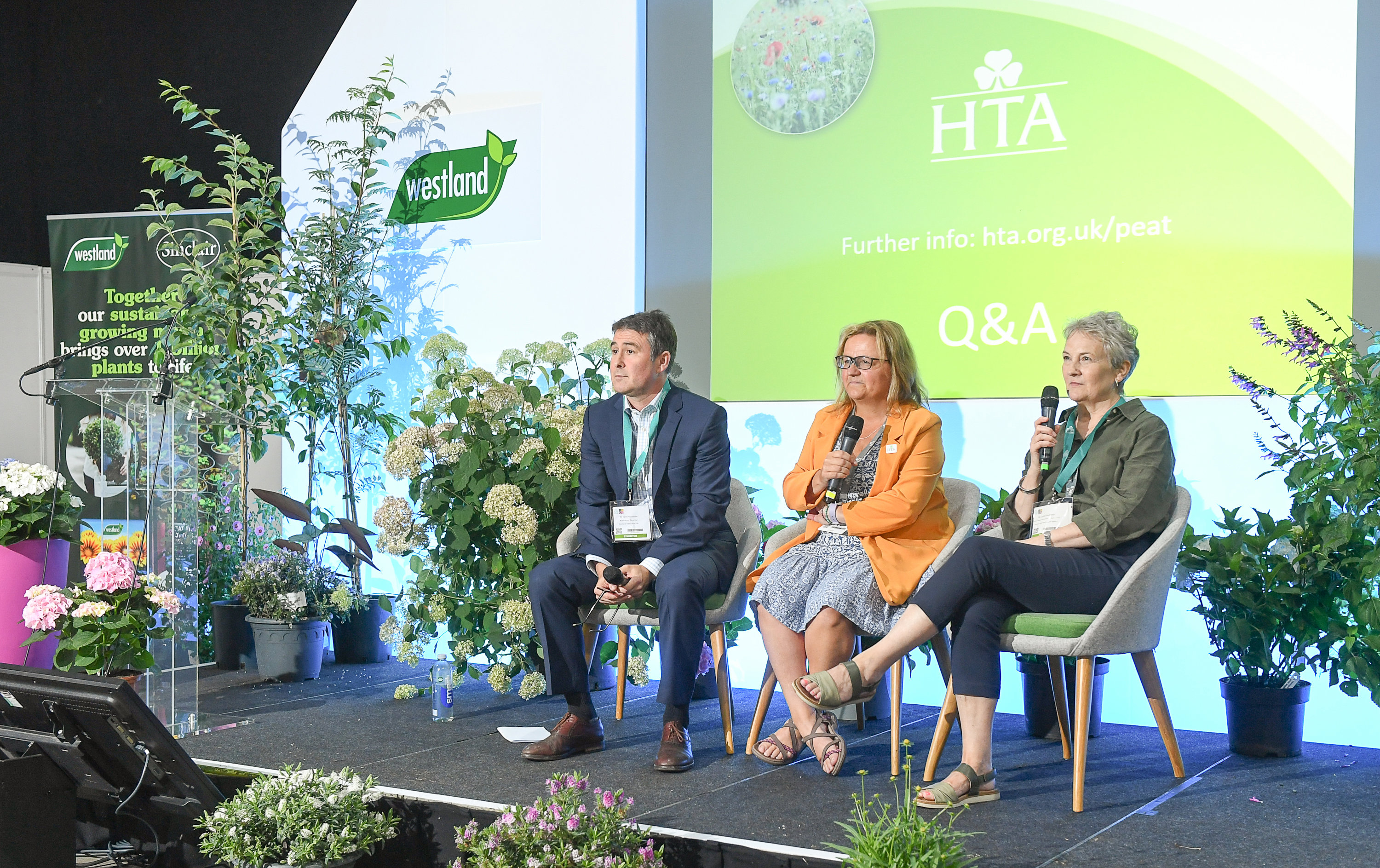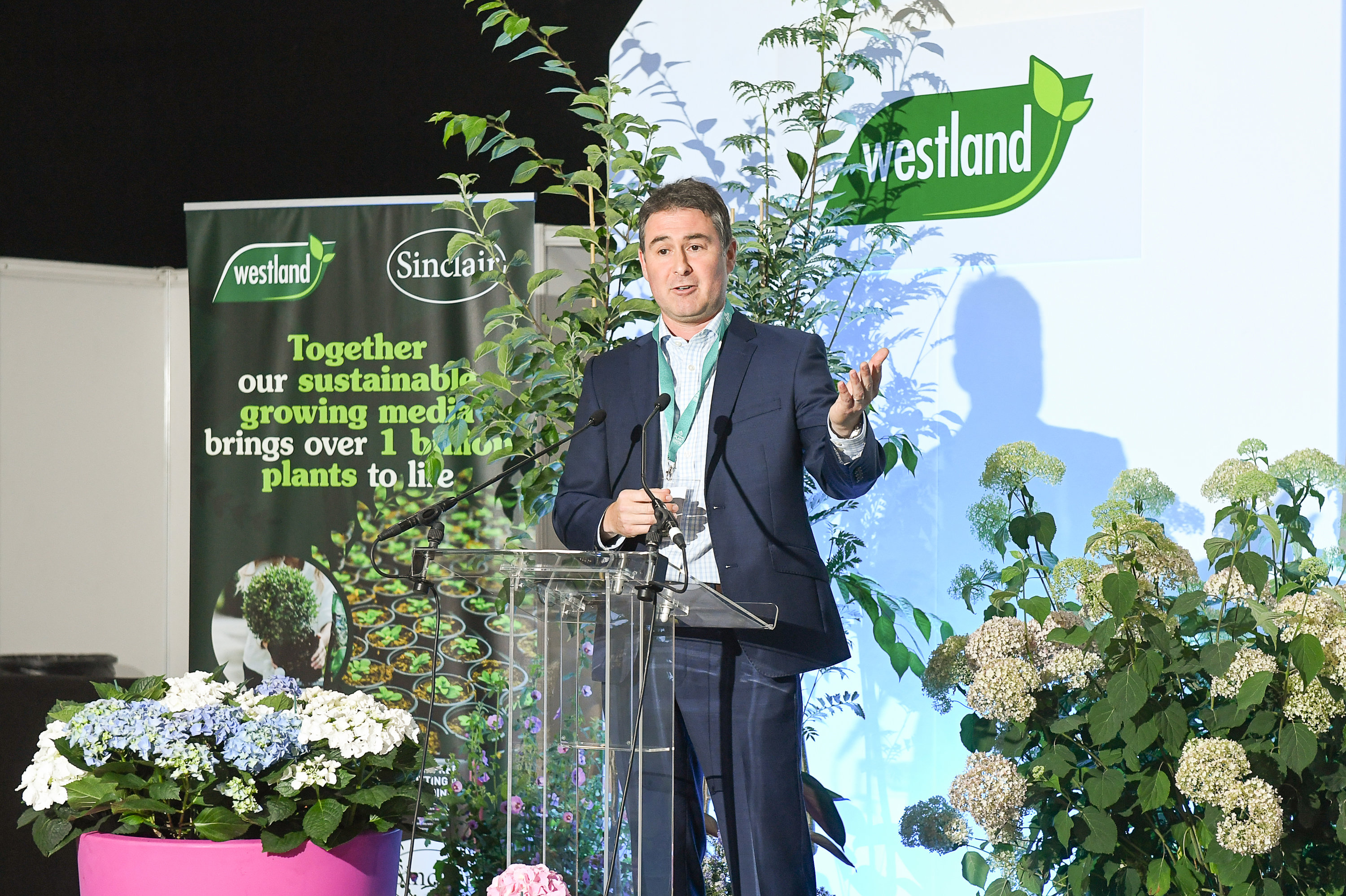
Seminars
The HTA National Plant Show seminars are informative events that provide an opportunity for horticulturists, gardeners, and plant enthusiasts to learn more about the latest trends, techniques, and innovations in the horticultural industry. These seminars feature presentations by experts in various horticultural fields, including plant breeding, cultivation, propagation, and pest management. Attendees have the chance to interact with industry professionals, ask questions, and network with peers. Horticultural seminars are also an ideal forum for discussing issues that are relevant to the industry, such as sustainability, conservation, and the impact of climate change on plant growth. By attending horticultural seminars, individuals can gain new insights and knowledge, which can be applied to improve their gardening practices, enhance their business operations, or simply deepen their passion for plants.
Click on the dates to see the relevant days content:
Wednesday 18 June 2025
10:30
New Plant Awards
Led by Pippa Greenwood, Horticulture Manager at the HTA, alongside New Plant Award Judges. This session will highlight our winning plants, telling us why they won and how they contribute to the plant area offering.

12:30
Networking Event: Women in Horticulture

14:00
EU Reset: What might we expect?
Environmental horticulture is a key contributor to the UK’s green economy, climate goals, and public wellbeing — supporting 722,000 jobs, contributing £38 billion to GDP and delivering a near £8.4 billion in tax revenues. As the UK seeks to reset its relationship with the EU, the sector stands at a pivotal moment. This session outlines the expected developments, key challenges, and essential next steps to ensure horticulture can thrive, trade smoothly, and deliver on its environmental and economic potential.

15:00
Plant Protection in the Balance: Why Voluntary Contributions Matter Now.
CEO, Simon Conway will be presenting on the unique work of HCP and giving background to the decision making for Ornamentals as well as the application of PPP's. He will give valuable insight into what HCP has planned for the future and the work currently in progress - showcasing just how essential it is to contribute to resources within the sector.

16:00
Networking Event: Young People in Horticulture Association

10:00
Nursery Management Systems: Insights and Considerations
This session will look at the increasingly critical role of management information within production nurseries, and how nursery management software and systems are developing to meet current, and anticipate future needs. If you want to get more out of your current platform, or are considering a new system, this discussion will give you insights and ideas for what to look for and expect to maximise your productivity and business efficiency.

11:00
EU Reset: Part 2
Hosted by Sally Cullimore , HTA’s Technical and Trade Policy Manger, and Gavin Roberts, Director of Trade Flow Consultancy

12:30
How does a garden centre achieve Net Zero?
Join Planet Mark for a conversation about the challenges and successes that await garden centres working towards Net Zero certification. Whether you're just beginning your sustainability journey or looking to accelerate your progress, this discussion will offer practical insights, expert guidance, and inspiration for garden centres wanting to lead the way in environmental responsibility.

13:30
Plant Biosecurity: For Your Business and Our Future
This session will look at how horticultural businesses of all types can implement a systematic and proactive approach to avoiding the costliest and most damaging pest and disease problems, what the other benefits are - and why we can’t leave it all to the government.

